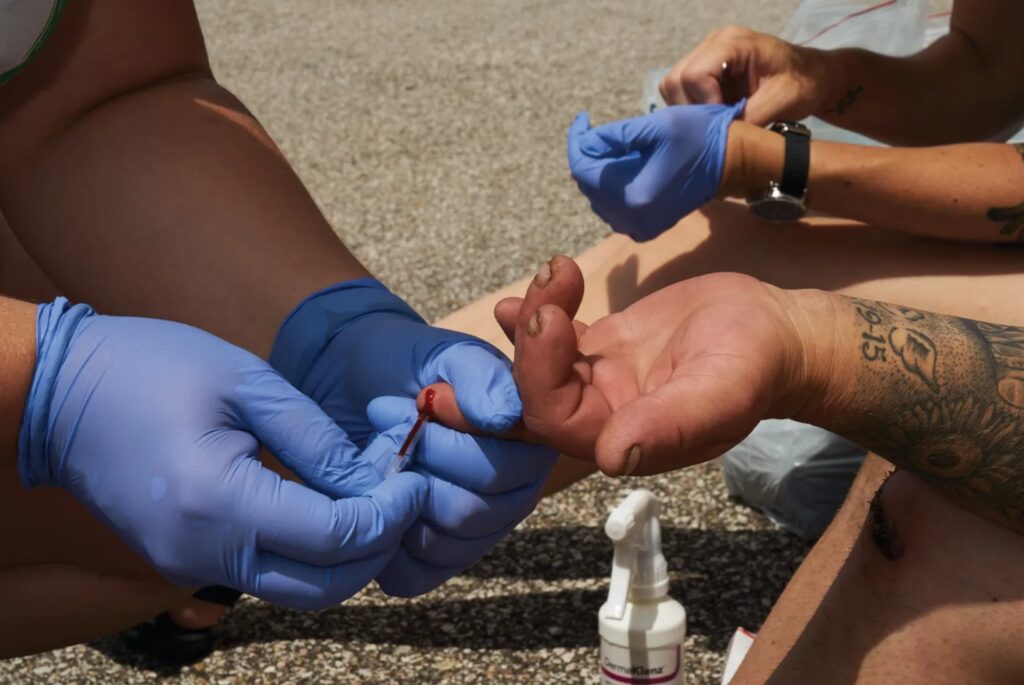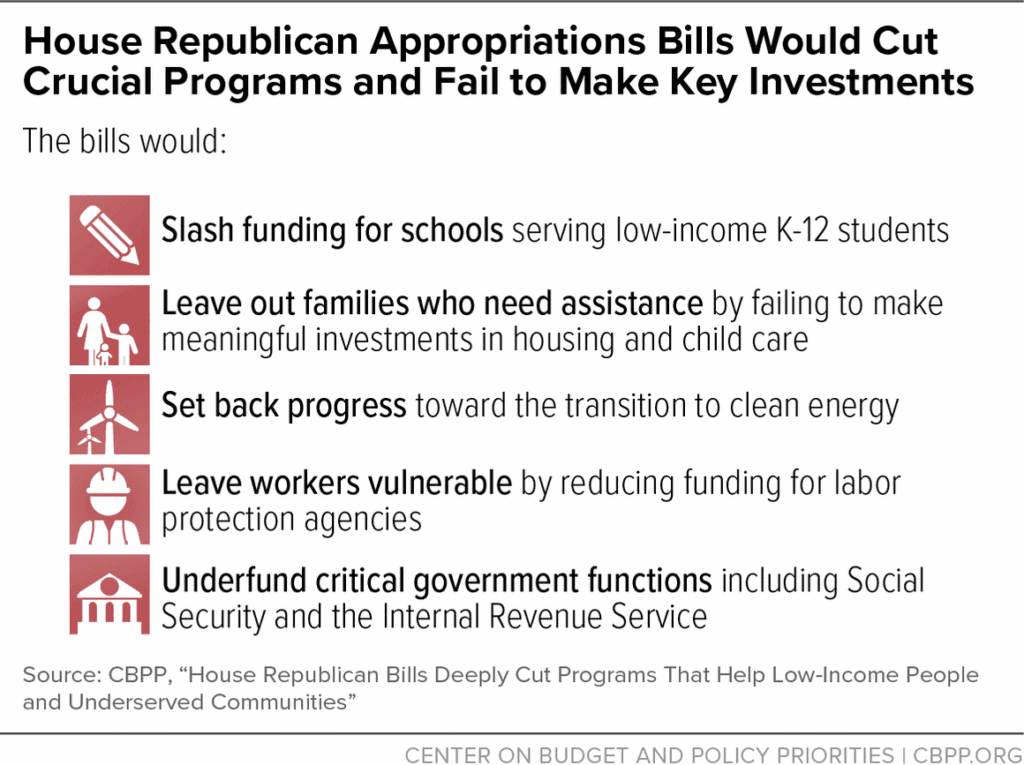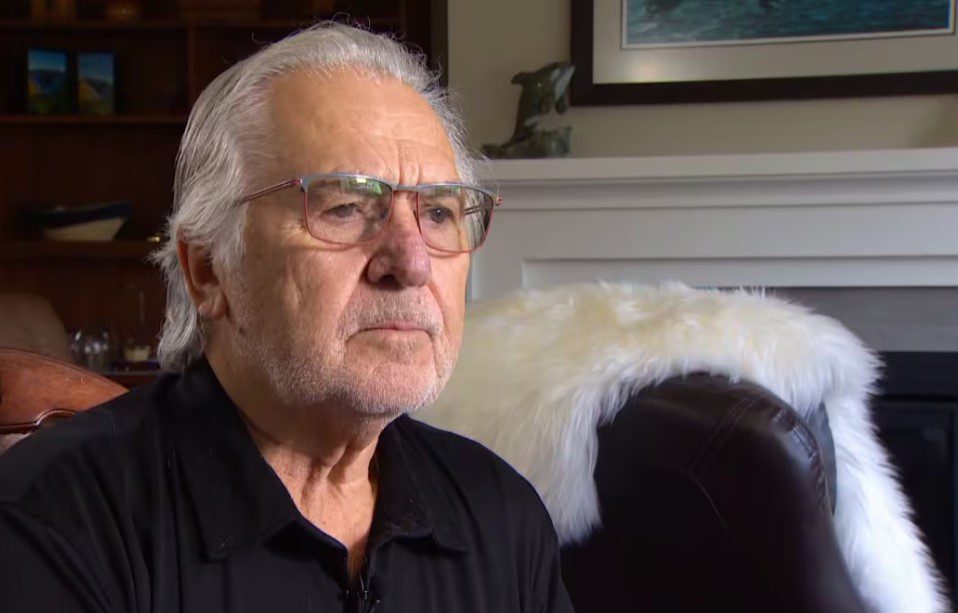
Interview with Vincent Guilamo-Ramos on the need to rethink the response to HIV in Latino communities

news, new scholarship & more from around the world


SOAR volunteers test clients for infections spread through injection drug use, like HIV, and offer other medical advice.


There’s a huge difference between the way Zoomers “find themselves” and the way those who came of age before them did it: they’re doing it online, anonymously and in secret.

That is no excuse, however, for what the historian Timothy D. Snyder, in On Tyranny, calls anticipatory obedience. Snyder argues that a key lesson from 20th-century authoritarianism is “don’t hand over the power you have before you have to.” UNT’s overcompliance feels precisely like we are conceding our power — our academic authority over teaching and research — in advance to aspiring authoritarians in Austin, Tex. Our administration cheerfully assures us that we are not abandoning our values as an institution of higher education. The necessity of such assurances, though, should alarm any faculty who hear them. As we creep into self-censorship, that is precisely what we are doing: not speaking truth to power, but letting power tell us what truths we can pursue.


Labour MP Kim Leadbeater, centre, and Rebecca Wilcox, right, daughter of Esther Rantzen, among supporters of Dignity in Dying as they celebrate the result of the vote on the Terminally Ill Adults (End of Life) bill, outside parliament on Friday.

Dr. Ken Barter — one of Newfoundland and Labrador’s leading experts on child protection for decades — says the child and youth advocate should have rejected the premier’s request for a review related to a high-profile sexual exploitation case. The retired Memorial University social work professor said the advocate’s review won’t turn up anything that hasn’t already been flagged by numerous reports in the past.
The debate around assisted dying in the UK has intensified because of the terminally ill adults (end of life) bill, which will be debated again in the House of Commons on November 29. (This bill applies to England and Wales. A separate bill is due before the Scottish parliament, but the Scottish government has indicated the bill could not be brought into force without the co-operation of the UK government.) A concern expressed by many opponents of the bill is that it could encourage the idea that people who feel as though they are a burden – or simply that life itself is a burden – should consider ending their life, putting particular pressure on the more vulnerable in society, including disabled people.

Dignity in Dying campaigners react to the passing of the assisted dying bill in Parliament Square.